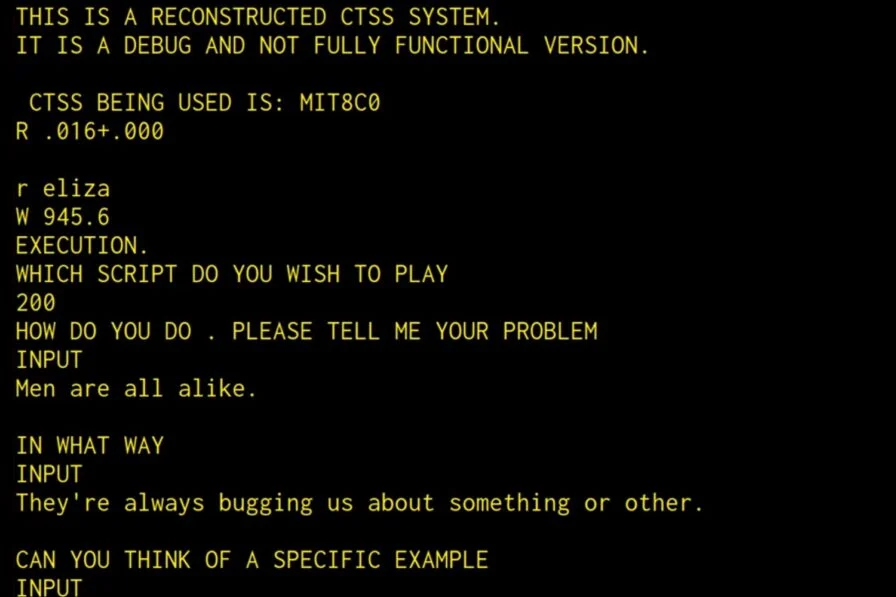Scientists have recently succeeded in reviving the world’s first chatbot known as ELIZA. The interesting thing is that this chatbot is still working properly after decades.
According to Live Science, while the idea of making chatbots after 2022 and the release of ChatGPT was more and more noticed, the history of making such products goes back decades. On December 21, 2024, researchers managed to launch the ELIZA chatbot after a long time. The initial codes of this forgotten chatbot were discovered in 2021, and researchers spent the past years reconstructing the structure of this software. Finally, the article of this project was published in arXiv a few days ago.
The ELIZA chatbot has been down for decades, but it’s still working fine
ELIZA chatbot was developed by MIT computer scientist Joseph Weisenbaum from 1964 to 1967. Although ELIZA looks very primitive by today’s standards and compared to competitors like ChatGPT, it was very advanced in its time and even holds the title of the world’s first chatbot.
Weisenbaum gave ELIZA the personality of a psychotherapist, and the chatbot was so successful that Weisenbaum’s secretary was also enchanted to talk to it. Weisenbaum implemented this chatbot in a primitive language called MAD-SLIP on a Compatible Time-Sharing System computer.
Of course, ELIZA is later available to other programmers and they adapted this chatbot to other languages. A decade after ELIZA was originally released in 1977, Creative Computing magazine published a new simulation of the chatbot written in BASIC. This is the same year that products like the Apple II and the Commodore Pet hit the market, sparking an explosion in home computing and the proliferation of the BASIC computing language.
Currently, there are countless versions of the BASIC version of the ELIZA chatbot, but the MAD-SLIP version was long thought to be lost. Then Jeff Schrager, a computer scientist at Stanford University, was able to convince the MIT archives to look for Weisenbaum’s belongings; As a result of this search, early versions of the MAD-SLIP code were found.
The found codes were incomplete, but after much effort, the scientists managed to reconstruct the ELIZA codes and make it work.
RCO NEWS

















